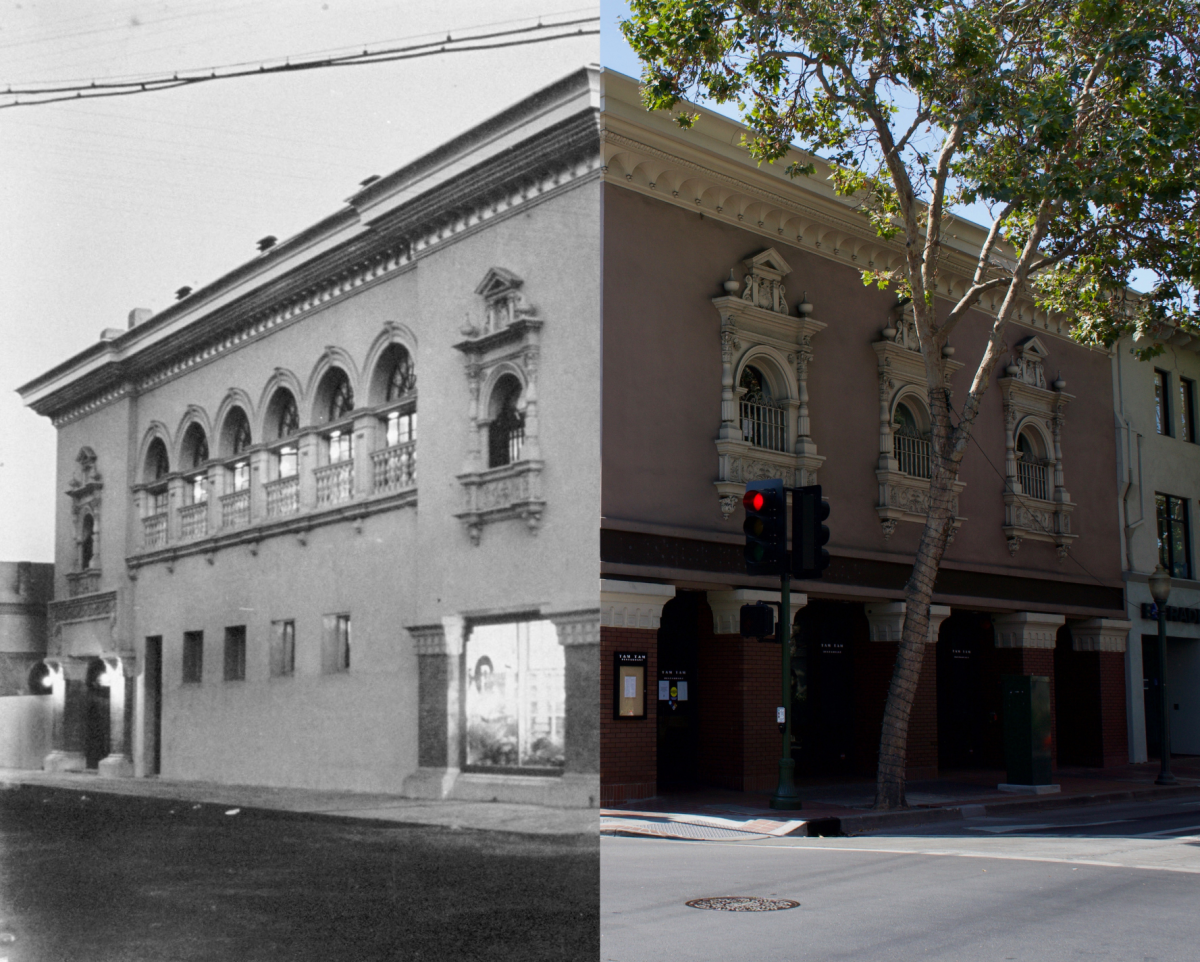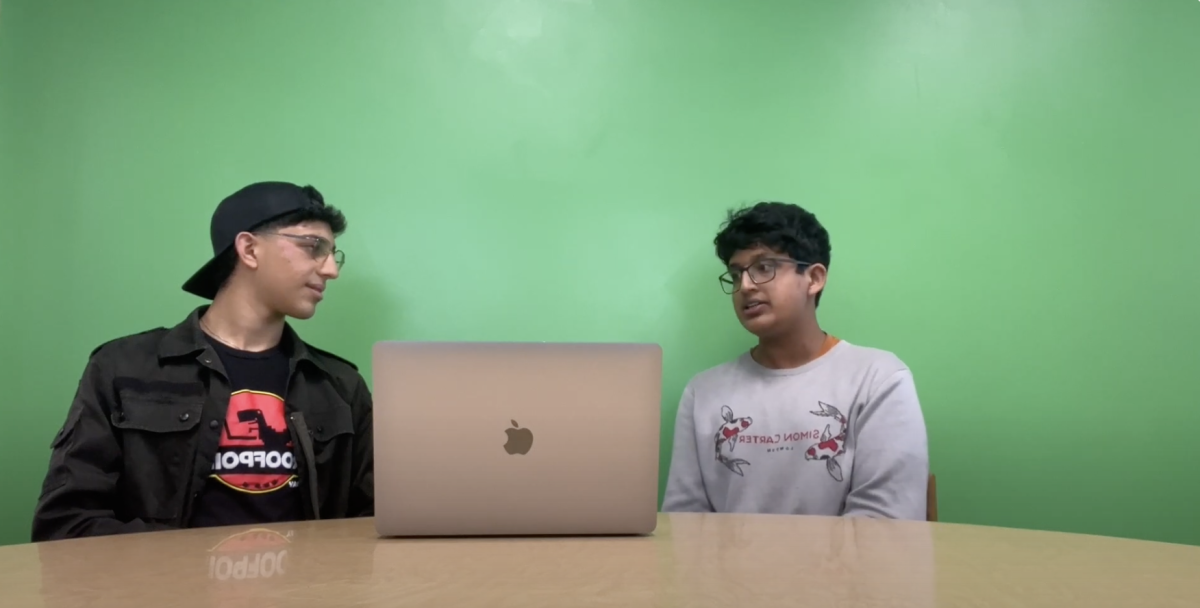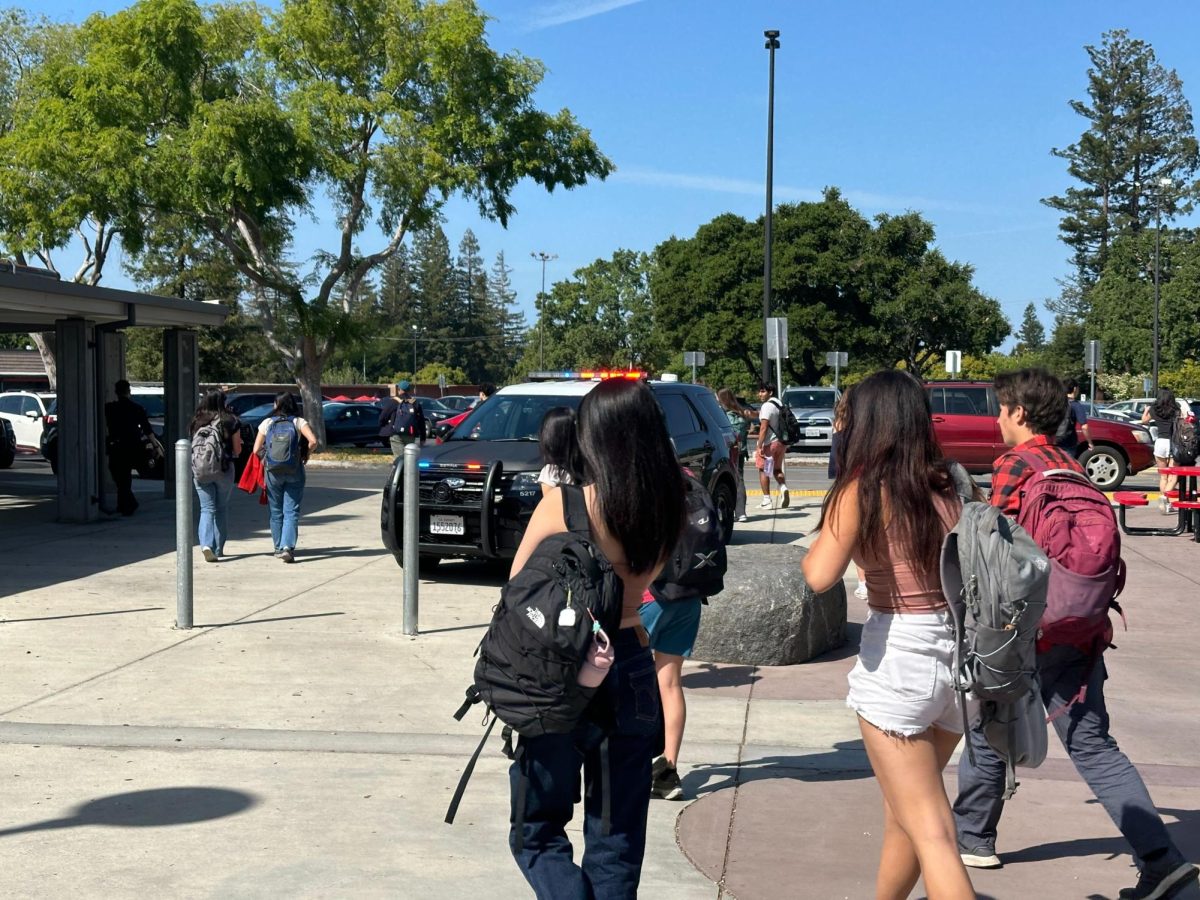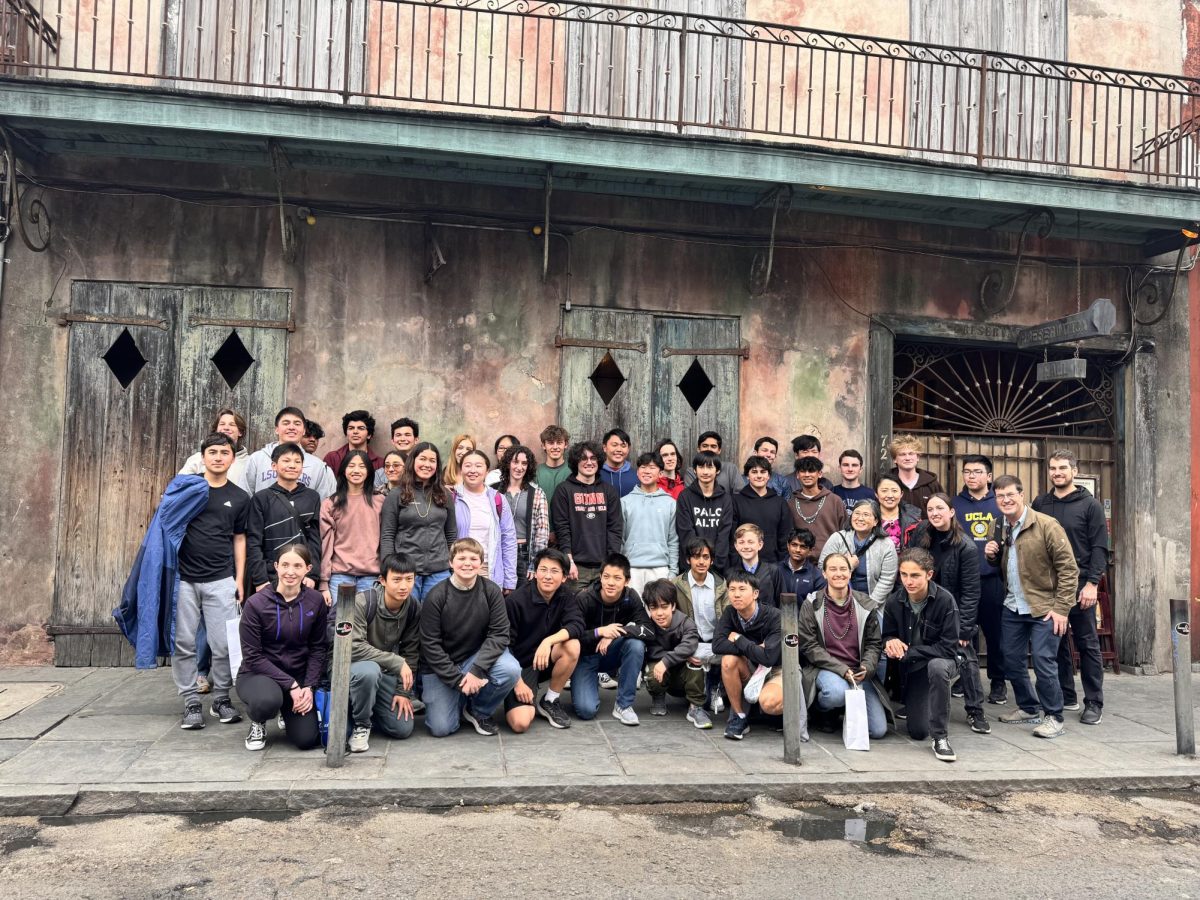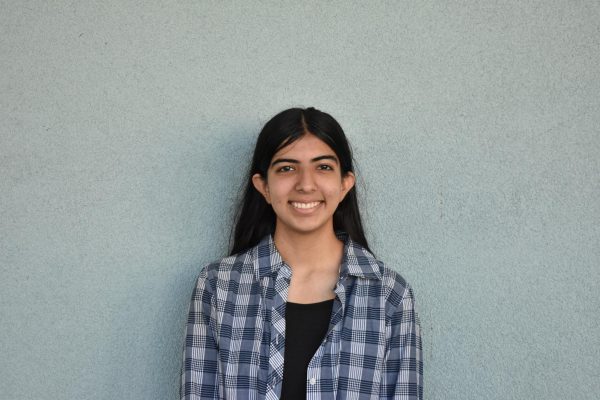During a special meeting on Friday, the PAUSD school board voted 3 to 1 — with member Todd Collins absent — to suspend public commenting on Zoom for the next three meetings. Any extensions of the suspension will require further discussion and another vote.
The decision comes as a preventative measure after the Palo Alto city council’s Oct. 16 meeting, at which several “Zoom bombers” made antisemitic comments. The board hopes to use the time gained by the three meetings’ suspension to have an ad hoc committee generate safeguards for preventing occurrences of disruptive speech.
This approach has triggered debate over free speech and democratic participation. At the meeting, Gunn School Board Representative Chris Lee (who is also a managing editor of The Oracle) noted that removing Zoom commenting for upcoming meetings may hamper student accessibility at a crucial time. The next few meetings have issues especially relevant to students, including the math curriculum (a highly contentious topic since this spring), sustainability at middle schools and ethnic studies on their agendas. “I understand that my situation is very unique, and that not everybody has a chance to participate in person, both for our usual Tuesday meetings, and especially these special ones,” Lee said. “I’m concerned that this action may hinder student voice.”
School-board member Shana Segal, who voted against the resolution, noted that the suspension of Zoom commenting would set a dangerous precedent. “I’m concerned that eliminating Zoom comments may pose a slippery slope in that it may be perceived as having a chilling effect on the same freedom of speech,” she said. “Are we giving the Zoom bombers yet greater power by taking away our community members’ ability to participate in school-board meetings remotely?”
The board also discussed alternate solutions sent in an email by California Sen. Josh Becker, including adopting a resolution condemning hate speech and opening and closing public comment with a statement of values. Board member Shaunak Dharap and Board President Jennifer DiBrienza said the suggestions will not necessarily prevent events like those on Oct. 16, in which several of the comments containing hate speech either began through addressing agendized items and veered into antisemitism or were overtly made with intent to harm.
Board members also noted that addressing the hate speech as it happens is particularly difficult, as much of what the speakers on Oct. 16 said was permitted under the First Amendment since it did not constitute a threat or incitement of violence. If comments such as these are made in Open Forum, during which anyone can discuss any issue, board members would be unable to stop them.
In light of that protection, Dharap emphasized the board’s power to minimize disruption, not necessarily curb specific types of speech. “This cannot be about limiting the type of speech,” he said. “This has to be about maintaining order and the ability for us to do the business of the district without disruptions and the ability of us to permit relevant public comment.”
Although Dharap and Board Vice President Jesse Ladomirak voted in favor of the resolution, they said that come December, they are unlikely to vote to continue the suspension.
Several nearby cities, including Redwood City, Union City and Milpitas, have also adopted similar policies following recent Zoom bombings, according to Palo Alto Online.
Students hoping to share their perspectives at upcoming meetings can come in person, send an email to the board ahead of time or contact Lee with their thoughts. The next school-board meeting is scheduled for next Tuesday, Oct. 24.






